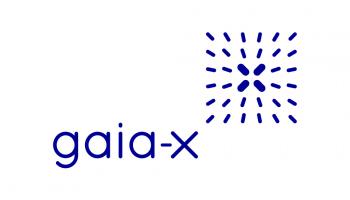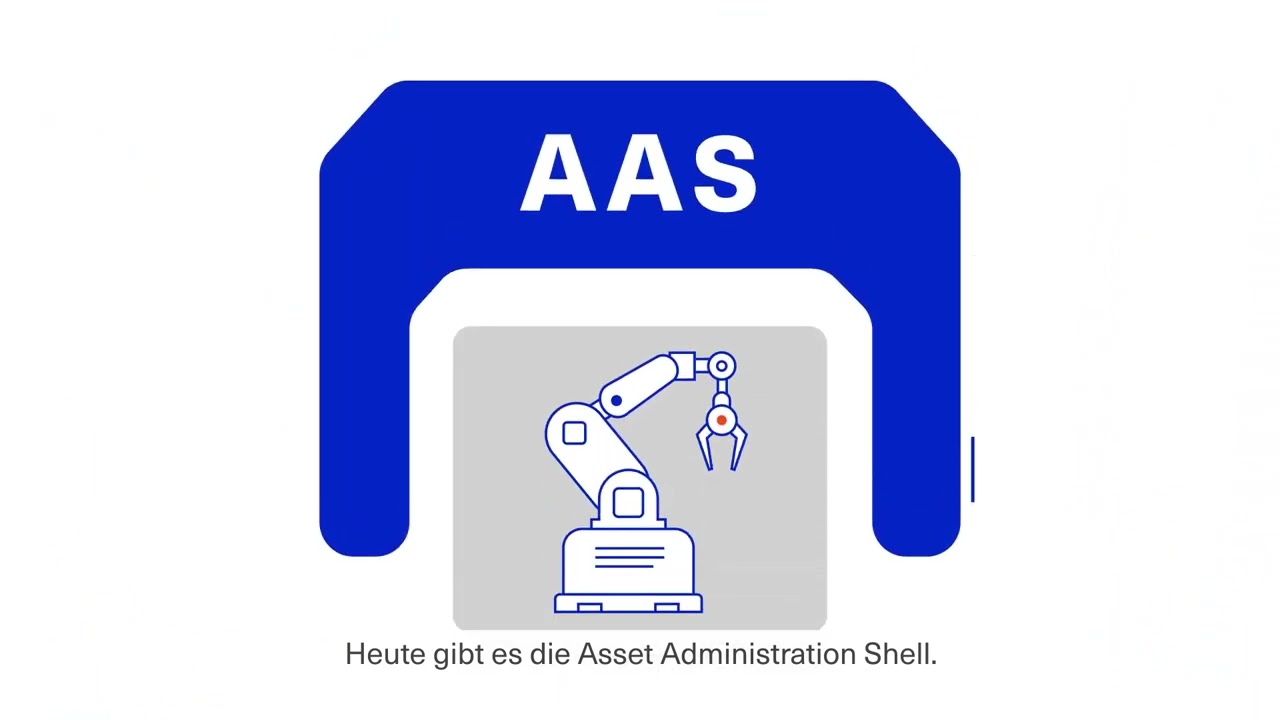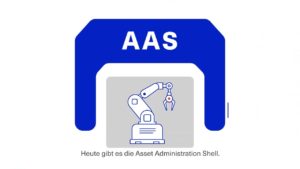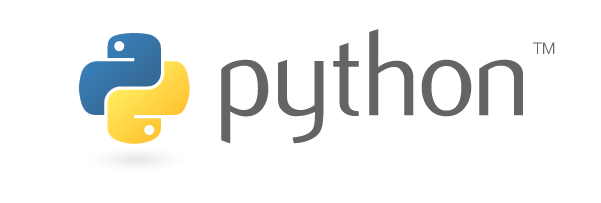There are 4 new data models added to the subject Gaia-X how it was previously announced.
Author: maestro
New subject Gaia-X
Thanks to the collaboration in the Data Spaces Business Alliance (DSBA) there is a new subject to compile the mapping of the semantic assets of Gaia-X to be used in NGSI-LD systems. It allows the storage of the information related to assets according to the definitions of Gaia-X. The first group of models is coming from the outcomes of the Service characteristics group.
It is located in the domain Cross sector and the subject is dataModel.Gaia-X
Data models will be soon added.

Major release of PortCall data model at MarineTransport subject
A new major version of the PortCall data model in the subject of Marine Transport has been published.
Additions includes a more precise timing attributes and alignment with maritime regulations.
In example
- IMO-> https://imocompendium.imo.org/public/IMO-Compendium/Draft/index.htm
- S211-IALA -> https://www.iala-aism.org/technical/data-modelling/iala-s-200-development-status/s-211
- EDIFACT-> https://service.unece.org/trade/untdid/d20b/trmd/berman_c.htm
- EMSWe -> https://eur-lex.europa.eu/EN/legal-content/summary/european-maritime-single-window-environment-emswe.html / https://eur-lex.europa.eu/legal-content/EN/TXT/?uri=celex%3A32019R1239
Thanks to the adopters and contributors for the valuable contribution

New data models I4submodelElement operation and I4SubmodelElementProperty In AAS subject
Two new data models have been published in the subject dataModel.AAS (Asset administration shell) in the Smart manufacturing domain.
The data model was created thanks to the project Corosect.
-
I4SubmodelElementOperation. Based on IDTA-01001-3-0, describes a generic RAMI4.0 SubmodelElement representing an OPERATION (Command) of a referenced Asset Administration Shell
-
I4SubmodelElementProperty. Based on IDTA-01001-3-0, maps a generic RAMI4.0 SubmodelElement representing a PROPERTY or attribute of a referenced AAS. RAMI4.0 Standard

New data model I4Submodel in the Asset Administration Shell subject AAS
One new data model has been published in the subject dataModel.AAS (Asset administration shell) in the Smart manufacturing domain.
The data model was created thanks to the project Corosect.
- I4Submodel. Based on IDTA-01001-3-0, describes a generic submodel component of the RAMI4.0 Asset Administration Shell

New data models I4AAS and I4Asset
Two new data models has been published in the subject dataModel.AAS (Asset administration shell) in the Smart Manufacturing domain.
The data models were created thanks to the project Corosect.
-
I4AAS. Based on IDTA-01001-3-0, describes a generic Asset Administration Shell – AAS – tree, component of the RAMI4.0
-
I4Asset. Based on IDTA-01001-3-0, defines the Asset -instance- linked to a given AAS a generic Asset Administration Shell – AAS – component of the RAMI4.0

New subject Asset Administration Shell
We have created a new subject, aligned with Asset Administration Shell, dataModel.AAS in the Smart Manufacturing domain.
The Corosect project is using NGSI-LD for using AAS assets coming from the document Specification of the Asset Administration Shell. Part 1: Metamodel.

Data models will be soon added.
Thanks to the contributors coming from these organizations
- Eviden (former ATOS Research and Innovation (ARI). AI & Big Data. ATOS IT)
- University of Applied Sciences Emden/Leer
pysmartdatamodels updated to 0.7
The new version does not provide new functionalities but an indication, including drafted code, about what is missing or in progress to the package can grow according to your needs.
The source code for the new version 0.7.0 is here at the data-models repository
There are 4 new functions drafted with the headings inputs and outputs and some recommendations for development.
1) validate_payload(datamodel, subject, payload)
2) create_QR_code(datamodel, subject)
3) include_local_datamodel(schema, subject, datamodel, contributors (optional), adopters (optional), notes(optional))
4) submit_datamodel(subject, datamodel, contributors (optional), adopters (optional), notes(optional), example_payload, notes_context, public_repository, credentials)
we will be glad to receive code or questions implementing this and we will include the authorship

Minor extension of pysmartdatamodels 0.6.4.1
There is a minor new version of the package pysmartdatamodels.
Now it allows to have in the metadata of a data model the direct links to the specification in the 8 languages.
you can access thanks to the function list_datamodel_metadata and accessing the objects with the keys, spec, spec_DE, spec_ES, spec_FR, spec_IT, spec_JA, spec_KO and spec_ZH
from pysmartdatamodels import pysmartdatamodels as sdm
subject = "dataModel.Weather"
dataModel ="WeatherForecast"
metadata = sdm.list_datamodel_metadata(dataModel, subject))
print(metadata["spec_ES"]
You can install the update
pip install –upgrade pysmartdatamodels

New version of pysmartdatamodels package 0.6.4 with adaptations to Data Spaces
There is a new version of the python package pysmartdatamodels
to use it you have just to type
pip install pysmartdatamodels
in your system
Besides the update in the list of data models it includes two new functions
– look_for_data_model that allows approximate searches for a data model based on their name
– list_datamodel_metadata that returns the metadata of a data model including context link, data model version, model tags, link to the schema and to the yaml version of the schema, title, description, $id, required, links to the examples, link to the adopters, link to the contributors of the subject and a link to the sql export of a data model

These new functions are the result of some requests of data spaces managers and several others will be included soon to help you out in the management of the semantic contents of a data space.
A code example of these two new functions
from pysmartdatamodels import pysmartdatamodels as sdm
subject = "dataModel.Weather"
dataModel = "WeatherForecast"
# Look for a data model name
print("22 : ")
print(sdm.look_for_datamodel("WeatherFora", 84))
# retrieve the metadata, context, version, model tags, schema, yaml schema, title, description, $id, required, examples, adopters, contributors and sql export of a data model
print("23 : ")
print(sdm.list_datamodel_metadata(dataModel, subject))






